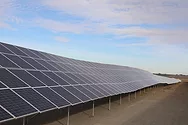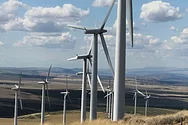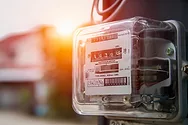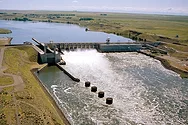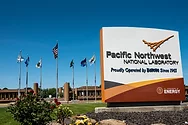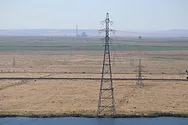Energy
Feds yank funding for Northwest green hydrogen project
Big investments in Richland, Bellingham now in doubt
Read More
Another hydrogen developer exits regional clean energy project
Multibillion dollar Pacific NW Hydrogen Hub recruiting replacements amid uncertain federal funding
Read More


